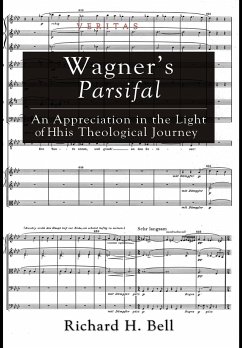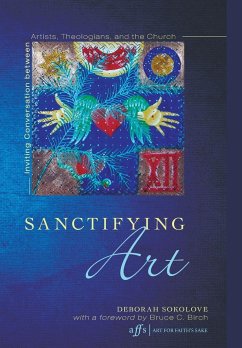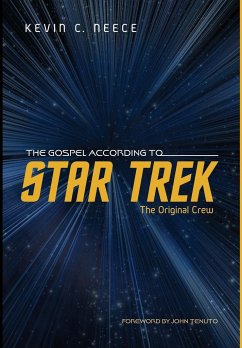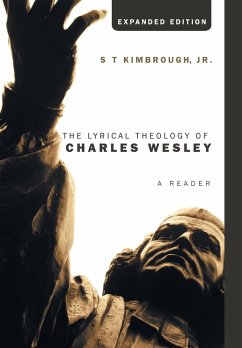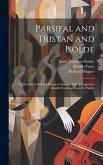Parsifal, Wagner's final opera, is considered by many to be one of the greatest religious musical works ever composed; but it is also one of the most difficult to understand and many have questioned whether it can be considered a "Christian" work at all. Added to this is the furious debate that has surrounded the composer as an anti-Semite, racist, and inspiration for Hitler. Richard Bell addresses such issues and argues that despite any personal failings Wagner makes a fundamental theological contribution through his many writings and ultimately in Parsifal which, he argues, preaches Christ crucified in a way that can never be captured by words alone. He argues that Wagner offers a vision of the divine and a "theology of Good Friday" that can both function as profound therapy and address current theological controversies.
Hinweis: Dieser Artikel kann nur an eine deutsche Lieferadresse ausgeliefert werden.
Hinweis: Dieser Artikel kann nur an eine deutsche Lieferadresse ausgeliefert werden.

